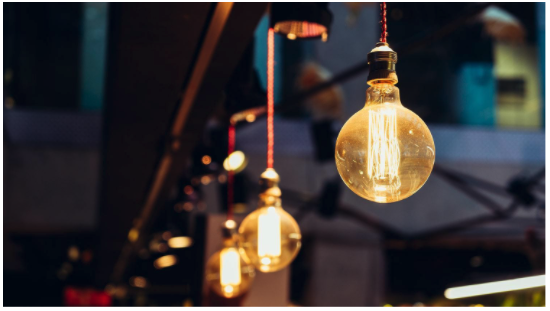Conservation of electric energy is beneficial. Reduce your electrical energy use at home in various ways. These ways will enable you to increase the value of your property, save money and take care of the environment. These ways are simple behavioral adjusting to bring out extensive home improvements. When you choose to save energy, you will gain benefits. To benefit from this, live an energy-conscious lifestyle and contact your electrical contractors to get the best ideas. Below are ways you could consider to aid you in conserving electric energy at home.
- Modify your daily behaviors
Failure of not switching off lights after use makes you a poor electric energy conserver. Energy conservation is as simple as turning off appliances or lights when not in use. For you to lessen energy usage in your home, you don’t need to go out of your way to purchase expensive energy-efficient products. However, you can opt to use energy-intensive devices less and carry out household work manually. For instance, instead of putting your clothes in the dryer, choose to hang them to dry. Reduction in frequency and intensity of cooling and heating offers good savings. Practicing how to modify your daily behavior at home has the best potential for saving on utility bills at home.
- Put energy-efficient windows
Many did not know that windows are a crucial source of energy waste. Windows highly add up to the total amount of your heating bill. Therefore, to avoid heat loss through your windows, instead of using single-pane windows, replace them with double-pane windows. For homes in the colder regions, windows with Low-E coatings will notably reduce your expense on heating. Moreover, exterior or interior storm windows reduce heat loss by a good percentage. Storm windows are essential in extreme weather regions. However, it gets worse in warm areas since heat gain through the windows may be a problem. To minimize heat loss in these areas, use windows with Low-E coating since they reflect more light lowering the thermal energy amount entering your home. Windows with an extra insulation layer between the outside temperatures and your home are good energy savers.
- Acquire energy-efficient devices
On average, the machines used in helping in the house chores roughly consume a high percentage of the total household energy use. Pay attention to the initial buying cost and yearly operating cost as you purchase your household appliances. The energy-conserving machines may have a high initial purchase price than the conventional ones. However, one of their advantages is that their operating cost is less than the uneconomical machines. There is a difference in the energy savings, but they are per the type of appliance. If you fail to know the best energy-conserving device, you can research to understand the type of appliance you would like to buy.
- Use smart power strips
When electricity is in standby mode or is off, the electronics use power from the phantom loads. The phantom loads are known to waste a lot of energy. Researchers say that consumption of electric energy by household appliances is almost up to 75% when they are off. With such high usage, the total payable amount of electricity costs rises. The power strips are so advanced. The strips eliminate the trouble of phantom loads by switching off the power to electronics when not in need. The good thing about these power strips is that they can synchronize to turn off at a particular time within a period of being inactive.
- Weatherize your home
Sealing the air leaks is a good way of reducing the cooling and heating expenses. The most common sources of air leaks in your home are through the windows, vents, and doors. Ensure there are zero openings or cracks between the doorframe, window, wall, and vent. Apply caulk to cover the air leaks that are between stationary objects. For the leaks that are between moving objects such as doors, you can apply weather stripping. Caulking and weather stripping are simple air sealing methods. Air leaks can occur through openings either on the floor, wall, and ceiling from plumbing. Consider full insulation in your home to secure a good amount of savings from weatherizing your home.

